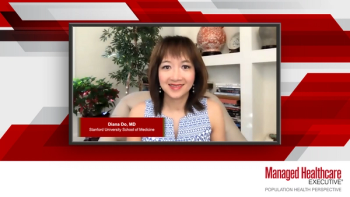
Diana Do, MD provides an overview of wet age-related macular degeneration including typical clinical manifestations, goals of therapy, and the current treatment landscape.

Diana Do, MD provides an overview of wet age-related macular degeneration including typical clinical manifestations, goals of therapy, and the current treatment landscape.
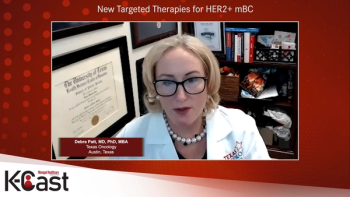
An expert in HER2-positive metastatic breast cancer discusses the new targeted treatment regimens for patients.
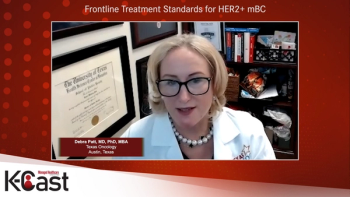
Debra Patt, MD, PhD, MBA, describes the frontline standards of care and the factors involved in deciding on a treatment for human epidermal growth factor receptor 2-positive metastatic breast cancer.
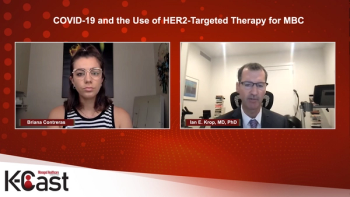
The impact of the COVID-19 pandemic on the utilization of newer targeted therapies for HER2-positive metastatic breast cancer and considerations regarding their adoption into clinical practice based on the availability of vaccines.
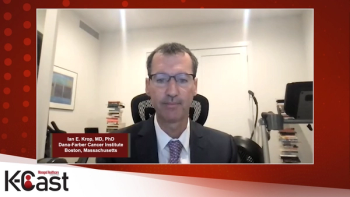
The rationale for treating metastatic breast cancer with a dual HER2-targeted therapy approach.

In this part three video series, Civica Rx CEO Martin VanTrieste says Civica is launching an outpatient retail market with its first retail drug coming to the market next year.
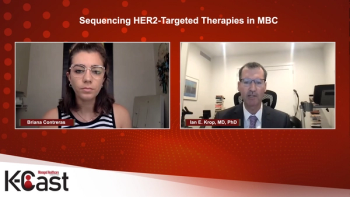
Ian E Krop, MD, PhD, elaborates on which treatment settings are most appropriate to use HER2-targeted therapies in to manage metastatic breast cancer.
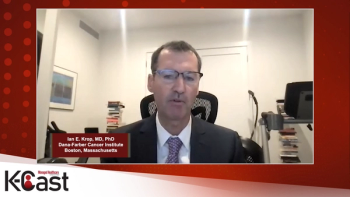
Considerations regarding how to best integrate newer targeted therapies available for HER2-positive metastatic breast cancer [MBC] into clinical practice.

Editors of MHE and their furry friends had the pleasure of speaking with Dr. Glenn Levine, professor of medicine at Baylor College of Medicine and chief of the cardiology section at Michael E. DeBakey VA Medical Center in Houston. Dr. Levine is also a volunteer medical expert for the American Heart Association’s Healthy Bond for Life initiative and is lead author of the Association’s Scientific Statement on Pet Ownership and Cardiovascular Risk. In the conversation, Dr. Levine shared some wellbeing tips on how our pets can benefit our mental and physical health and wellbeing.

Civica Rx CEO Martin VanTrieste says Civica’s members are experiencing fewer shortages because of strategies used by the company.
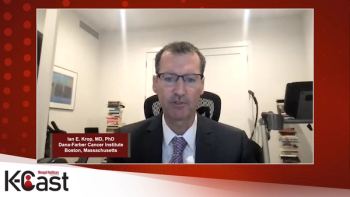
Ian E. Krop, MD, PhD, of Dana-Faber Cancer Institute, highlights more recent targeted therapy approvals for HER2-positive metastatic breast cancer and describes how each therapy is designed to work.
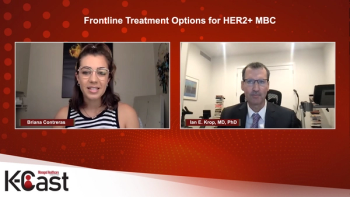
Frontline therapies available for newly diagnosed HER2-positive metastatic breast cancer and variables that impact treatment selection.

Phase 1b results show manageable toxicities with Venclexta and Rydapt.
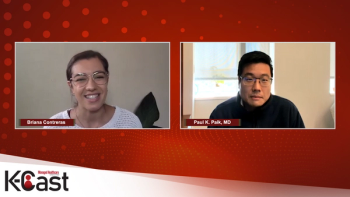
Paul K. Paik, MD, considers the future of MET-directed therapies in non-small cell lung cancer.

Paul K. Paik, MD, discusses how the results of the VISION trial and the recent FDA approval of tepotinib will impact clinical practice.

An expert in non-small cell lung cancer discusses the key efficacy and safety findings from the VISION trial of tepotinib in patients with NSCLC and MET exon 14 skipping alterations.

A key opinion leader thoracic oncology reviews the clinical significance of MET exon 14 skipping in NSCLC as well as recent advances in MET-directed therapy.

Paul K. Paik, MD, discusses currently available targeted therapies for patients with NSCLC.

Briana Contreras, associate editor of Managed Healthcare Executive, spoke with Chris Evanguelidi, head of healthcare at Redpoint Global, about the best practices for closing the healthcare experience gap and devising an effective patient engagement strategy through a more patient-centric health system.
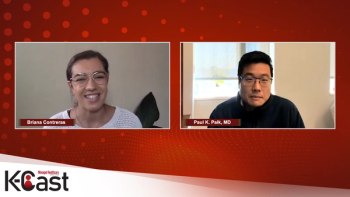
An expert in non-small cell lung cancer describes targetable gene alterations and how these impact treatment selection.

Matthew Reynolds, PhD, vice president of real-world evidence at IQVIA, discusses his appreciation for telehealth and remote care, but feels over the next year or so we're going to be seeing more studies come out questioning if some telehealth is needed in certain areas. The discussion came from findings of a recent paper with the National Pharmaceutical Council on how COVID-19 affected real-world data and research.

Paul K. Paik, MD, reviews the importance of biomarker testing and best practices in testing in patients with non-small cell lung cancer.

Amy Abernethy, M.D., Ph.D., hematologist/oncologist and palliative medicine physician and former principal deputy commissioner of the FDA, discusses how the agency handled COVID-19 and what lessons learned will help going forward. Abernethy also addresses if she feels there are enough safeguards of the FDA's independence in place, and reflects on the open FDA commissioner position.

In this final part of a two-part video series, Briana Contreras, associate editor of Managed Healthcare Executive spoke with Dr. Sheldon Fields Associate Dean for Equity Inclusion and Research Professor in the College of Nursing at Penn State University, about the ongoing All of Us research program. All of Us is an initiative through partners of the National Black Nurses Association, which Fields is vice president of, and the National Institutes of Health that invites one million people across the U.S. to help build one of the most diverse health databases in U.S. history.

In this first of a two-part video series, Briana Contreras, associate editor of Managed Healthcare Executive spoke with Dr. Sheldon Fields Associate Dean for Equity Inclusion and Research Professor in the College of Nursing at Penn State University, about the ongoing All of Us research program. All of Us is an initiative through partners of the National Black Nurses Association, which Fields is vice president of, and the National Institutes of Health that invites one million people across the U.S. to help build one of the most diverse health databases in U.S. history.
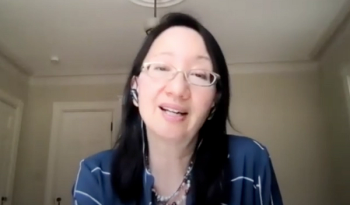
Dr. Vivian Lee of Verily Life Sciences addresses if value-based care programs have steered U.S healthcare away from the problems of fee-for-service at a virtual ISPOR meeting today. Lee also shares her thoughts on if the pandemic changed her views of American healthcare.

Vagner shares best work/life balance practices for parents during a new phase of COVID-19 as their children are back in school. The vice president of People at Maven, a virtual clinic for women's and family health, also shares some well-being tips that work for him as a parent.

Brooks, senior medical director of Independence Blue Cross in Philadelphia, was a key member of the team that created a health awareness campaign launched earlier this month in cooperation with local radio station WURD and other partners including the Colorectal Cancer Alliance, the Independence Blue Cross Foundation, Penn Medicine, Labcorp, and the Health Care Improvement Foundation. The campaign, called “Go To Know,” sets out to increase colon cancer screenings among African Americans by providing free Fecal immunochemical, or FIT, tests.

In this third part of a three-part series, Steven D. Pearson, M.D., M.Sc., founder and president of ICER talks the drug Inclisiran and its relation to PCSK9 inhibitors.

In this second part of a three-part series, Steven D. Pearson, M.D., M.Sc., founder and president of ICER addresses if pricing of PCSK9 inhibitors put ICER on the map.